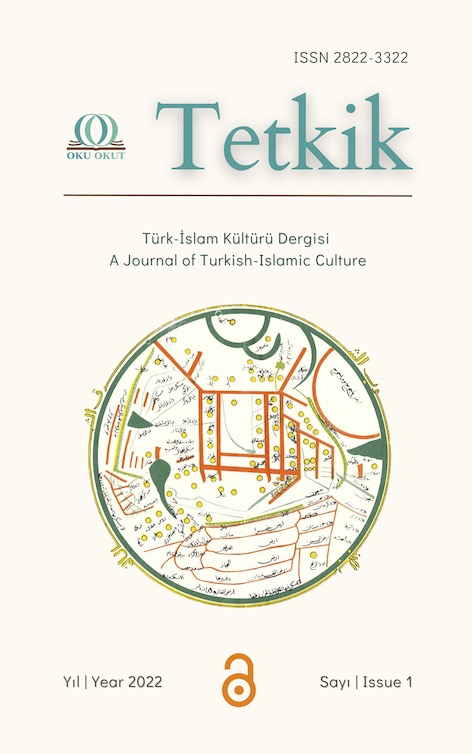Dinamik Bir İlmî Anlayışın İnşası Açısından Niçin Ebû Hanîfe’den Başlanılmalı?
Why to Start with Abū Ḥanīfah for Building a Dynamic Comprehensive Evaluation of the Knowledge?
Author(s): Mustafa Selim YılmazSubject(s): Islam studies, History of Islam, Contemporary Islamic Thought, Qur’anic studies
Published by: Oku Okut Yayınları
Keywords: Kalam; Civilization; the Knowledge; Methodology; Ahl al-ra'y; Abū Ḥanīfah;
Summary/Abstract: Abū Ḥanīfah (d. 150/767) is one of the foremost founders of the history of Islamic thought. For the reason that he was accepted as the undisputed leader of the tradition of “Ahl al ra’y” which is an umbrella name for rational thought with all different varieties. The roots of this recognition have to be traced back to the era which he lived. That is to say that this period is the era of the tābi'ūn, which the methodologies of Islamic thought began to form. Moreover, Abū Ḥanīfah is the one of the leading scholars of the generation of the tābi'ūn. What gives prominence to him is his target that he wanted to meet. It could be said that this target is an effort to create a systematic discourse in terms of constructing the identity of the Muslim community rather than a cherry-picking approach. With respect to the conditions of that time, this effort is remarkable. For the reason that Muslims, who participated in the history of the world civilization as a new actor and ruled over a huge number of territories where most ancient civilizations flourished, needed to build a coherent worldview in order to make them permanent. Abū Ḥanīfah was aware of this reality and established his viewpoint to meet this need. As a result, his methodology has been paid more attention both for and against throughout centuries. Considering contemporary conditions, his methodology has a distinguishing and eye-opening feature. In this paper, the most prominent points of his systematic discourse and how to be benefit from it today will be evaluated.
Journal: Tetkik
- Issue Year: 2022
- Issue No: 1
- Page Range: 21-36
- Page Count: 16
- Language: Turkish

